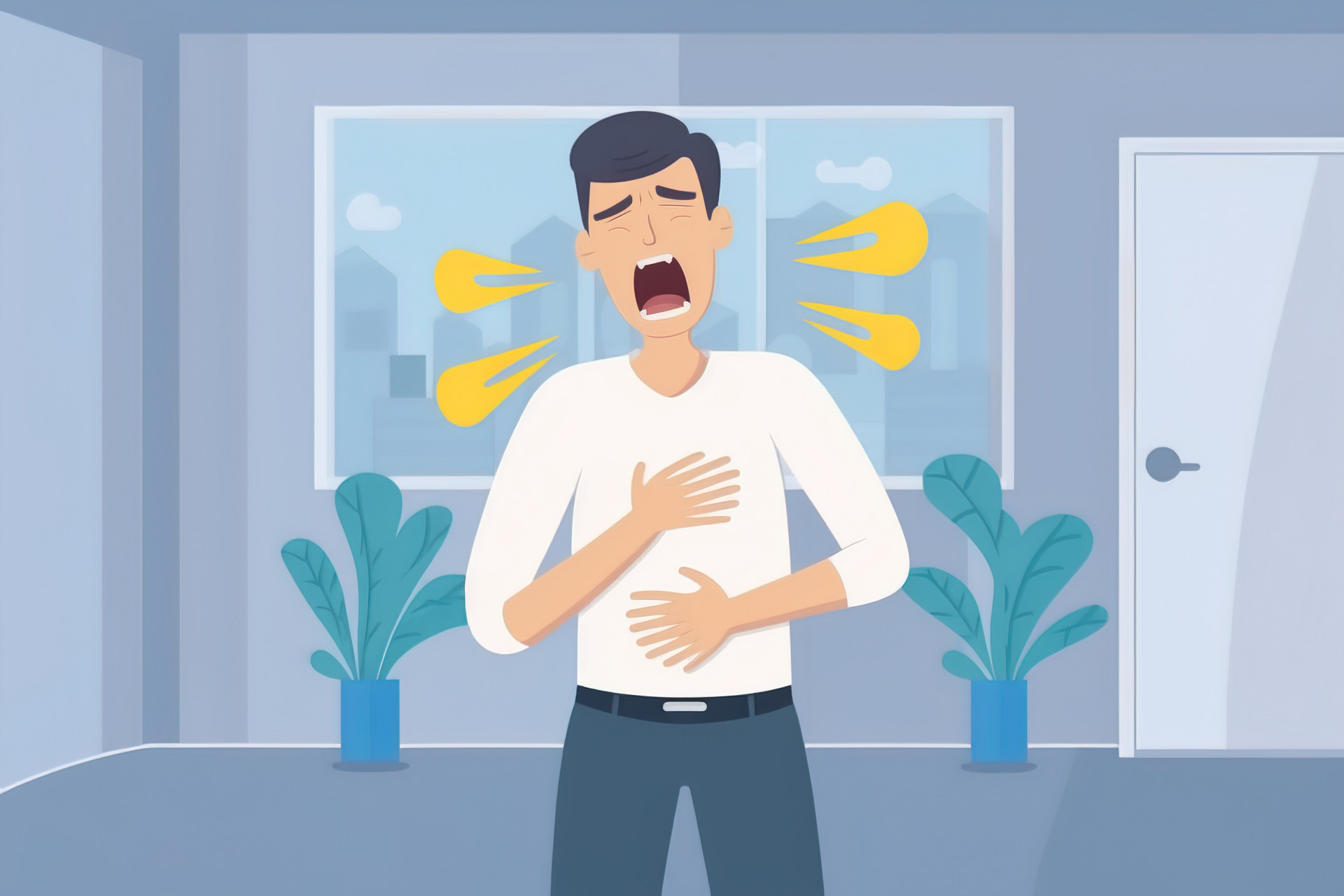Beer contains rich nutrients such as carbohydrates, vitamins, amino acids, inorganic salts, and various trace elements, making it known as "liquid bread". Moderate consumption of beer can stimulate appetite, aid digestion, and relieve fatigue. However, recent medical studies have found that excessive and long-term consumption of beer can harm the body, leading to what experts call "beer syndrome".
Beer Heart
Among alcoholic beverages, beer has the lowest alcohol content. The alcohol content in one liter of beer is equivalent to that in more than one tael of Baijiu (a strong Chinese liquor). Therefore, many people consider beer as a refreshing drink. However, if consumed excessively, the accumulated alcohol in the body can damage liver function, increase the burden on the kidneys, and cause infiltration of fat cells in the cardiac tissue, leading to weakened myocardial function and rapid heartbeats. Additionally, the excessive fluid intake increases the blood circulation volume and burdens the heart, resulting in cardiac hypertrophy and enlarged ventricles, forming what is known as "beer heart". Prolonged beer consumption can lead to heart failure, arrhythmias, and other cardiovascular problems.
Beer Belly
Due to its high nutritional content and calorie density, long-term excessive consumption of beer can lead to fat accumulation in the body, resulting in a protruding abdomen and forming a "beer belly". This can also lead to elevated blood lipids and blood pressure.
Kidney Stones and Gout
Research has shown that patients with atrophic gastritis, urinary system stones, and other conditions, may experience a recurrence or worsening of their conditions if they consume excessive amounts of beer. This is because barley malt extract used in brewing beer contains calcium, oxalate, uridine nucleotides, and purine nucleotides, which interact with each other and can increase uric acid levels in the body by more than double. This not only promotes the formation of gallstones and kidney stones but can also induce gout.
Gastroenteritis
Excessive consumption of beer can damage the gastric mucosa, leading to gastritis and peptic ulcers, resulting in symptoms such as upper abdominal discomfort, loss of appetite, bloating, and acid reflux.
Cancer
Excessive beer consumption can also impair the body's immune response. American cancer experts have found that the risk of oral and esophageal cancer is three times higher in individuals who consume excessive beer compared to those who consume strong spirits.
Lead Poisoning
Beer brewing ingredients contain lead, and excessive consumption can lead to elevated blood lead levels, causing decreased intelligence, delayed reaction, and in severe cases, damage to the reproductive system. In the elderly, excessive beer consumption can increase the risk of developing senile dementia.








